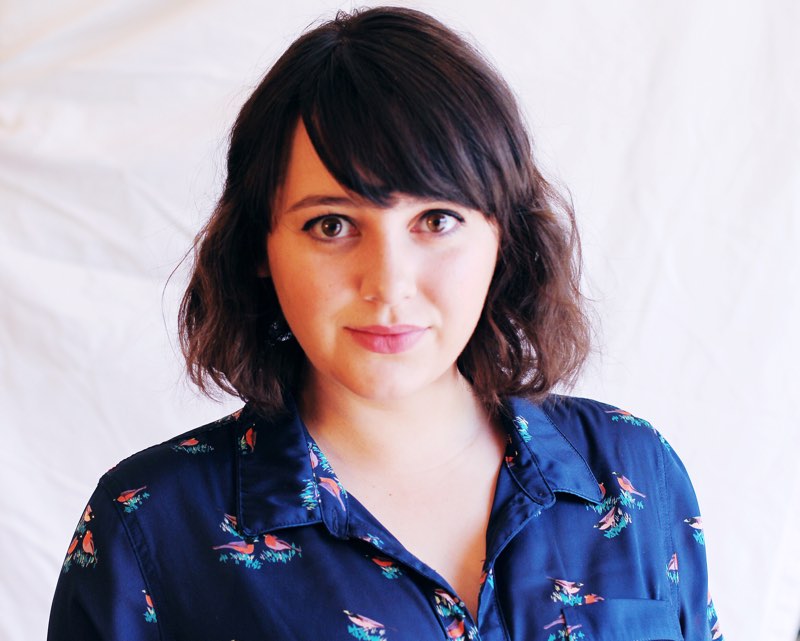Why Is Easter So Late This Year? Blame the Full Moon

Get the world’s most fascinating discoveries delivered straight to your inbox.
You are now subscribed
Your newsletter sign-up was successful
Want to add more newsletters?

Delivered Daily
Daily Newsletter
Sign up for the latest discoveries, groundbreaking research and fascinating breakthroughs that impact you and the wider world direct to your inbox.

Once a week
Life's Little Mysteries
Feed your curiosity with an exclusive mystery every week, solved with science and delivered direct to your inbox before it's seen anywhere else.

Once a week
How It Works
Sign up to our free science & technology newsletter for your weekly fix of fascinating articles, quick quizzes, amazing images, and more

Delivered daily
Space.com Newsletter
Breaking space news, the latest updates on rocket launches, skywatching events and more!

Once a month
Watch This Space
Sign up to our monthly entertainment newsletter to keep up with all our coverage of the latest sci-fi and space movies, tv shows, games and books.

Once a week
Night Sky This Week
Discover this week's must-see night sky events, moon phases, and stunning astrophotos. Sign up for our skywatching newsletter and explore the universe with us!
Join the club
Get full access to premium articles, exclusive features and a growing list of member rewards.
It may seem like Easter is late this year, but according to the lunar calendar, it's right on time.
Easter Sunday is known as a "moveable feast," because it does not occur on a specific date each year. Instead, the Christian holiday is celebrated on the Sunday after the first full moon that occurs on or the day after the spring equinox (March 20 in 2017). This year, the full moon peaked on April 11, designating the following Sunday (April 16) as Easter.
This calculation for the celebration's date was determined by a great council of Christian churches, called the First Council of Nicaea, in the year 325, reported Space.com. At that time, the importance of the Easter celebration brought thousands of Christians to Jerusalem and other shrines to observe the holiday. The council established the full-moon rule to ensure that the moon would light these pilgrimages at night. [Easter Science: 5 Odd Facts About Eggs]
However, the calculation is not exact, particularly because calendars have changed. When the council set its calculation for the Easter holiday, the rules noted a fixed date for the spring equinox as March 21. But from 2004 through 2103, the equinox will occur no later than March 20. Therefore, the astronomical dating of Easter can differ from that of the church.
One of the more noteworthy contradictions of this dating will be Easter in the year 2038, according to Space.com. Astronomically, Easter should fall on March 28 that year, because the equinox falls on March 20 and the full moon occurs the next day. However, due to the church's rules, Easter will be observed on April 25, its latest possible date given the lunar cycle's length of about a month.
So, while Easter may feel "late" this year, the 2038 celebration will take place even later.
Original article on Live Science.
Get the world’s most fascinating discoveries delivered straight to your inbox.

 Live Science Plus
Live Science Plus










